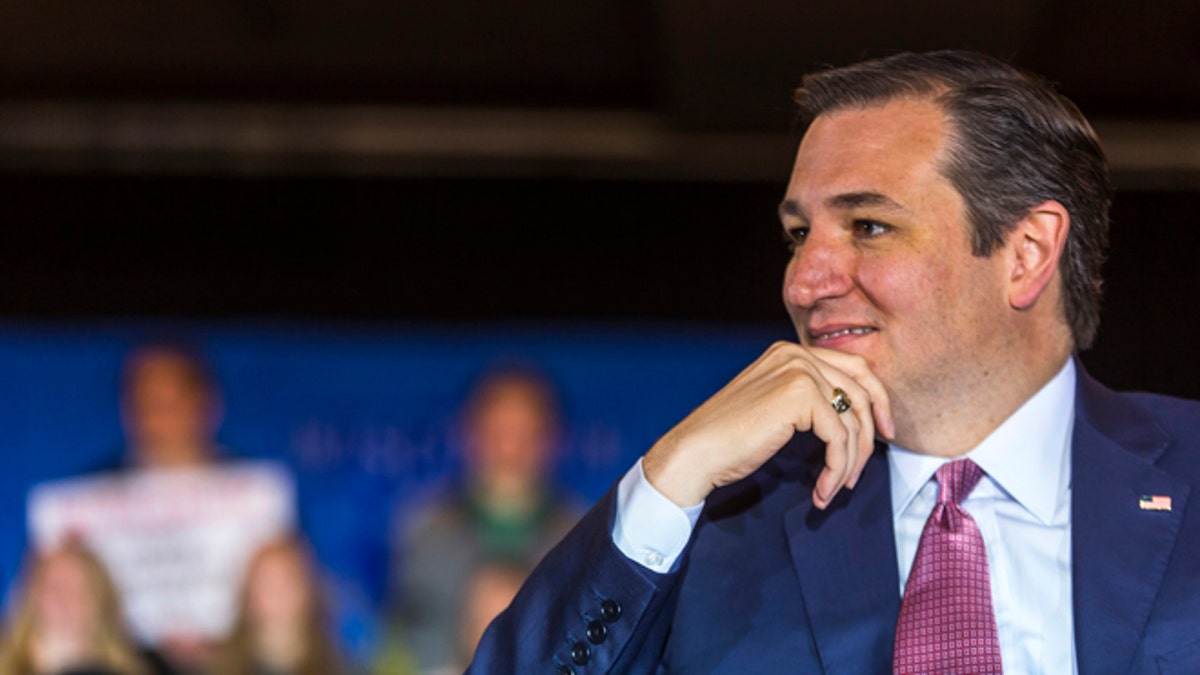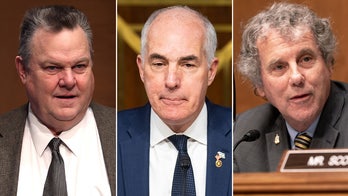
Presidential candidate Sen. Ted Cruz, R-Texas on March 30, 2016, in Madison, Wis. (ap)
It seemed a distant possibility, something so outside the norm nowadays – a contested convention.
But this presidential election has been nothing if not outside the norm, and Wisconsin’s upset victory on Tuesday by Sen. Ted Cruz over the until-now seemingly unstoppable Donald Trump has made a contested convention all but certain.
And so, Republicans are scrambling, dusting off information about the last contested convention – in 1976, when Ronald Reagan led a failed populist insurrection against the sitting President Gerald Ford – and diving into a crash course on how it works.
On Tuesday, top officials at the Republican National Committee, or RNC, met with two dozen or so veteran party operatives to give a quick lesson about contested conventions, reports Politico.
RNC officials went over the different kinds of votes that can occur and the various types of delegates (those bound to a candidate in the first round of voting, those who are free agents, etc.).
They discussed with the operatives how they might schedule multiple rounds of balloting, Politico said, citing people who were at the meeting.
“There is a growing consensus that Trump’s best chance to win the nomination may have come and gone,” Saul Anuzis, a former Michigan GOP chairman who is supporting Cruz, said to Politico. “The path for getting to 1,237 before the convention is very limited for everybody now.”
The crash course was spearheaded by Sean Spicer, a GOP senior strategist, RNC chief of staff Katie Walsh and John Phillippe, the party's chief counsel, Politico said.
Among the operatives reportedly there were Trent Duffy, former Minnesota Rep. Vin Weber, Matt Schlapp, Ron Bonjean, Phil Musser, Doug Heye and Ryan Williams.
To get the party nomination through the primary process, a GOP candidate must get 1,237 delegates.
Trump has argued that if he comes close, he should not be subjected to a convention floor fight, saying that would be a manipulation of the will of most GOP primary voters.
But it’s no secret that many in the so-called GOP establishment, and many conservatives, want to stop Trump – even creating a movement of sorts, complete with hashtags, around the notion.
Most states require delegates at the national convention to support the candidate who won the state’s primary or caucus. But if no candidate has a majority in the first round of voting, the delegates are released from their obligation and free to switch their support to another candidate.
Cruz is banking on just such a scenario, since it’s virtually impossible for him to get 1,237 delegates at this point. Trump has 743 delegates, Cruz has 517 and Ohio Gov. John Kasich has 143.
On the Democratic side, Sen. Bernie Sanders of Vermont also is hoping for a contested convention. Although former Secretary of State Hillary Clinton far outpaces him in the number of delegates, particularly when super-delegates are included, the self-described socialist candidate has been on a winning streak. The Democratic nominee must have 2,383 delegates.
Clinton has 1,279 delegates, and 469 super-delegates. Sanders has 1,027 delegates and 31 super-delegates.
Sanders handily won in Wisconsin, making it his sixth straight win.
The Clinton camp is expecting the former First Lady to regain dominance in the late April contests in Connecticut, Maryland, Pennsylvania, Rhode Island and Washington, D.C.
Clinton campaign manager Robby Mook released a memo titled, “The Facts on Where the Race Stands.” In it, he states that Clinton has “built a nearly insurmountable lead among both delegates and actual voters.”
Like us on Facebook




